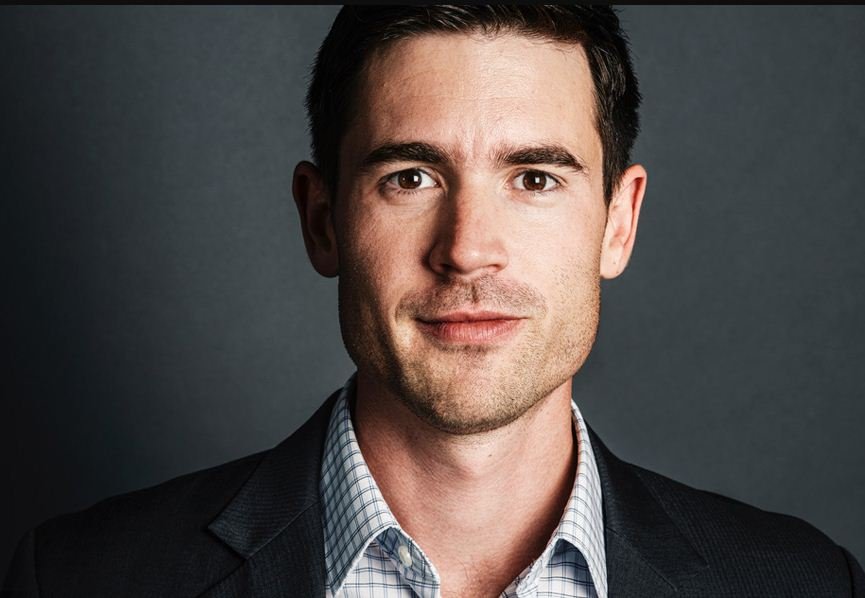
Patrick Weiler, Member of Parliament for West Vancouver–Sunshine Coast–Sea to Sky Country, is voicing his support for the Líl̓wat and N’Quatqua Nations following their decision to close the Joffre Lakes Park. His statement responds to the “harmful public discourse” surrounding the Nation’s stewardship and the protective measures at the park.
Below, you can read his full statement:
“The Líl̓wat and N’Quatqua Nations have a deep connection to their traditional and unceded territories, including the area of Pipi7íyekw. Their decision to implement Reconnection Periods in these lands they have been stewarding since time immemorial reflects not only their indigenous rights, but their enduring commitment to ecological and cultural restoration.”
“In recent years, Pipi7íyekw has seen a significant rise in visitation, which has placed considerable strain on the ecological integrity of the area and created significant safety concerns, particularly along Highway 99. These pressures threaten the sensitive alpine environment, which is treasured by the indigenous and non-indigenous communities alike, as well as the ability of the Líl̓wat and N’Quatqua members to carry out cultural practices, ceremonies, and responsibilities that are central to their identity and way of life.”
“I am deeply grateful to the Líl̓wat and N’Quatqua Nations for their leadership, care, and cultural stewardship of Pipi7íyekw. The Reconnection Periods represent an essential and rightful practice of land care, cultural revitalization, and community healing. These actions reflect inherent Indigenous rights that are recognized by s. 35 of the Canadian Charter of Rights and Freedoms and affirmed through Canada’s commitment to reconciliation and legislation to implement the UN Declaration on the Rights of Indigenous Peoples into Canadian law.”
“At the same time, I am troubled by the harmful and misleading narratives that persist in public discourse and media commentary. Framing these measures as exclusion rather than stewardship is simply false and undermines our efforts toward reconciliation. Such narratives perpetuate outdated stereotypes, fuel division, and disregard the legal and moral foundations of Indigenous rights in Canada. They distort the truth and cause real harm to Indigenous communities—especially youth and Elders—who continue to bear the weight of colonialism and intergenerational trauma, where forced disconnection from land, culture, and identity lies at the core.”
“Let me be clear: reconciliation does not stop at formal acknowledgments or behind closed doors. It means standing up for Indigenous rights, for Indigenous law, and for the rightful authority of Indigenous Nations to govern and protect their lands and waters.”
“The federal government has a duty to help create space for truth and understanding. That includes countering disinformation, amplifying Indigenous voices, and ensuring that Canadians hear the full story—one rooted in history, law, and respect. The Líl̓wat and N’Quatqua Nations are not asking for permission. They are exercising responsibility, and that deserves our full support.”


Reconciliation isn’t really the issue. Perhaps the protection of the alpine environment carries some weight. However I do question how the Joffre became a focal point.
I find it extremely difficult to imagine how this remote location was identified by pre-colonization indigenous groups. The site access from either valley end would have discouraged anyone attempting to travel to the lakes, never even considering locating it in the first place. The access is steep from both ends and virtually inaccessible from the Lilooett side. I suspect that any contact between Lilooett and Pemberton Valley would have been done thru the Seaton Lake valley by indigenous peoples.
It just irritates me to no end that these native peoples are getting everything they want. UNDRIP is one sided and you know what side that is. If they start attacking our private property, like they are trying to do in Richmond, it will be a sad day for this province. Especially if the indigenous community has all the say and we as Canadians have no say and we didn’t vote for their council. A few people in charge of this whole process. Ridiculous.
Just another politician, and another “I am…”, “I am…”, and “in my personal opinion” statement to stay relevant, instead of listening the concerns of usually “less important” majority. Some people in our country sadly have more rights than others, whatever excuse is used to justify it…
I think the issue is more about the harm tourism has had on the area, it has been made popular through social media, people visiting in large numbers from all over the world to see this majestic place. I hope that the closure is temporary and that it will reopen again to the public at some point.